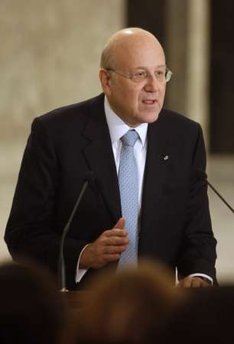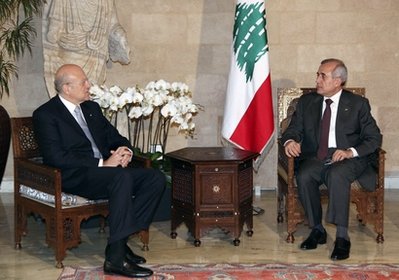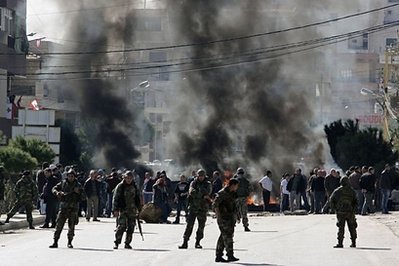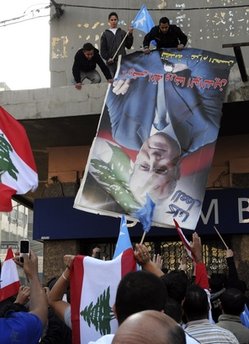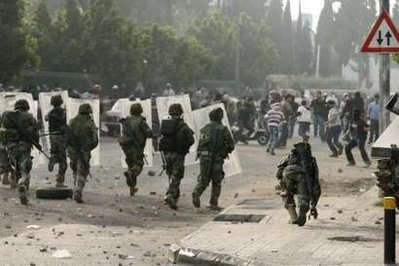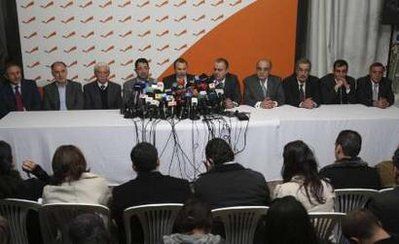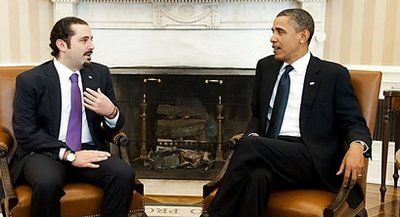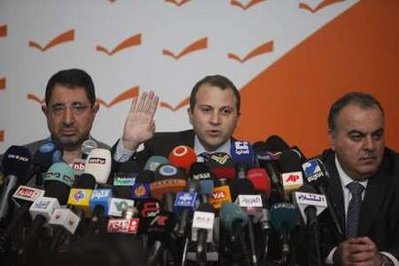PM Najib Mikati won 68 votes out of the parliament’s 128 seats to achieve the required parliamentary majority he needed to become Lebanon’s new prime minister. President Michel Suleiman asked the billionaire Sunni tycoon to form a government amid a "day of rage" by fellow Sunnis who blocked roads and burned tyres in anger at his nomination, Mikati shortly after his appointment rejected attempts to cast him as "Hezbollah’s man" and said he would cooperate with all Lebanese in a bid to form an inclusive government. "Don’t prejudge me or my behaviour, please, especially the international community," the 55-year-old billionaire businessman told AFP in an interview at his Beirut home where well-wishers gathered to congratulate him.
"I say in all honesty that my nomination by Hezbollah does not mean I am bound by any of their political positions, except as concerns the protection of the national resistance," he said, referring to the Shiite militant group’s struggle against neighbouring Israel. "I will cooperate fully with all Lebanese to form a new government that protects their unity and sovereignty," he said. "My hand is extended to all Lebanese."
Mikati told AFP that he would seek to address the thorny issue through dialogue. "Stopping the tribunal today is no longer a Lebanese decision," he said, adding that Lebanon’s cooperation with the tribunal was another question altogether.
The win came two days after the discussions held between lawmakers and Sleiman and almost two weeks after the collapse of Hariri’s cabinet due to resignation of 11 opposition ministers. The collective resignation was in protest at a potential move by the US-backed Special Tribunal for Lebanon (STL) to issue an indictment against Hezbollah.
Protests had turned violent in the northern Sunni bastion of Tripoli, where frenzied demonstrators torched an Al-Jazeera van and ransacked offices of a local Sunni lawmaker who backed Mikati. Mikati’s appointment has angered Sunnis who see it as a bid by the Iran- and Syria-backed Hezbollah to sideline outgoing premier Saad Hariri and impose its will in Lebanon. Lebanese Armed Forces on Friday deployed its troops in all regions of the country, in a bid to maintain security amid the crisis raised by a UN-backed probing of former Prime Minister Rafic Hariri’s murder case. In a statement issued Friday, The Lebanese Army Guidance Directorate said that within the context of preserving peace and calm throughout the country, the army will adopt security measures such as setting mobile and fixed military checkpoints and regular patrol in different region.
Please click read more for more detail and more Pictures of these unfortunate events – We just want peace and democracy:
